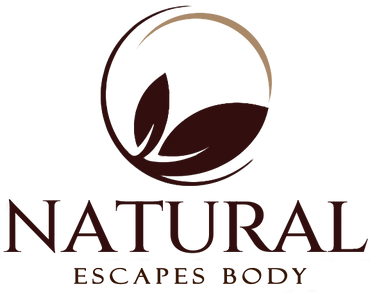Dimethicone Benefits & Uses for Skin & Hair
Quick Facts
- Botanical Name: N/A (synthetic silicone polymer)
- INCI Name: Dimethicone
- Extract Type: Synthetic polymer (Polydimethylsiloxane)
- Benefits: Moisture barrier, silky skin feel, frizz reduction, enhanced product spreadability
- Best Uses: Moisturizers, primers, sunscreens, hair conditioners, anti-aging creams
Dimethicone, also known as Polydimethylsiloxane (PDMS), is a synthetic silicone oil valued in skincare and hair care for its ability to create a breathable barrier, lock in moisture, and provide a silky, non-greasy finish. Chemically inert and stable across extreme temperatures, it has been a trusted cosmetic ingredient for over 60 years.
What the Science Says
- Forms a semi-permeable barrier that reduces transepidermal water loss (TEWL) by up to 50% without blocking skin respiration[2].
- Remains on the skin surface due to large molecular size, preventing pore blockage and systemic absorption[1].
- Improves hair smoothness, combability, and shine while reducing breakage by up to 85%[3].
- Demonstrates excellent safety profile with no irritation, sensitization, or comedogenic effects[1][4].
Key Nutrients / Compounds
- Silicon-Oxygen Backbone: Provides stability and durability in cosmetic formulations.
- Methyl Side Groups: Create a hydrophobic surface for water resistance and smooth feel.
Skin Benefits
- Locks in moisture and strengthens the skin barrier
- Improves texture and provides a silky, smooth finish
- Protects against environmental irritants
- Helps extend wear time of makeup and sunscreen
Hair & Scalp Benefits
- Coats hair cuticle to reduce friction and tangling
- Minimizes frizz and enhances shine
- Protects against heat styling damage
- Improves manageability and smoothness
Why Natural Escapes Body Uses It
We select cosmetic-grade dimethicone for its proven ability to protect skin, enhance formula performance, and leave a luxurious finish. It helps our products deliver long-lasting softness and protection without heaviness.
Products Featuring This Ingredient
- Moisturizing creams and lotions
- Foot Cream
Safety Notes
- Comedogenic rating: 0 (non-comedogenic)
- Safe for all skin types, including sensitive and acne-prone
- Non-irritating and hypoallergenic
- Remains on skin surface without absorption
FAQs
Is dimethicone safe for acne-prone skin?
Yes. Dimethicone is non-comedogenic and does not clog pores, making it suitable for acne-prone skin.
Does dimethicone block skin from breathing?
No. Dimethicone forms a breathable barrier that reduces water loss while allowing normal skin respiration.
Is dimethicone safe for long-term use?
Yes. It has over 60 years of safe cosmetic use with no evidence of irritation, sensitization, or harmful buildup.
Can dimethicone protect hair from heat damage?
Yes. It coats hair strands, reducing moisture loss and protecting against heat styling damage.
Does dimethicone wash out of hair?
Yes. It is easily removed with regular shampoo and does not cause buildup when used in balanced formulations.
Scientific References
- Final report on the safety assessment of stearoxy dimethicone, dimethicone, methicone, and related silicone polymers as used in cosmetics. International Journal of Toxicology, 2003.
- Research Techniques Made Simple: Transepidermal Water Loss Measurement as a Research Tool. Journal of Investigative Dermatology, 2018.
- Hair Cosmetics: An Overview. International Journal of Trichology, 2015.
- Skin Barrier Function Assessment: Electrical Impedance Spectroscopy Is Less Influenced by Daily Routine Activities Than Transepidermal Water Loss. Annals of Dermatology, 2024.
- Safety Assessment of Dimethicone, Methicone, and Substituted-Methicone Polymers, as Used in Cosmetics. Cosmetic Ingredient Review, 2019.
- Transepidermal Water Loss - An Overview. ScienceDirect Topics, 2024.
- Effects of dimethicone on hair conditioning and damage prevention. Journal of Cosmetic Science, 2018.

